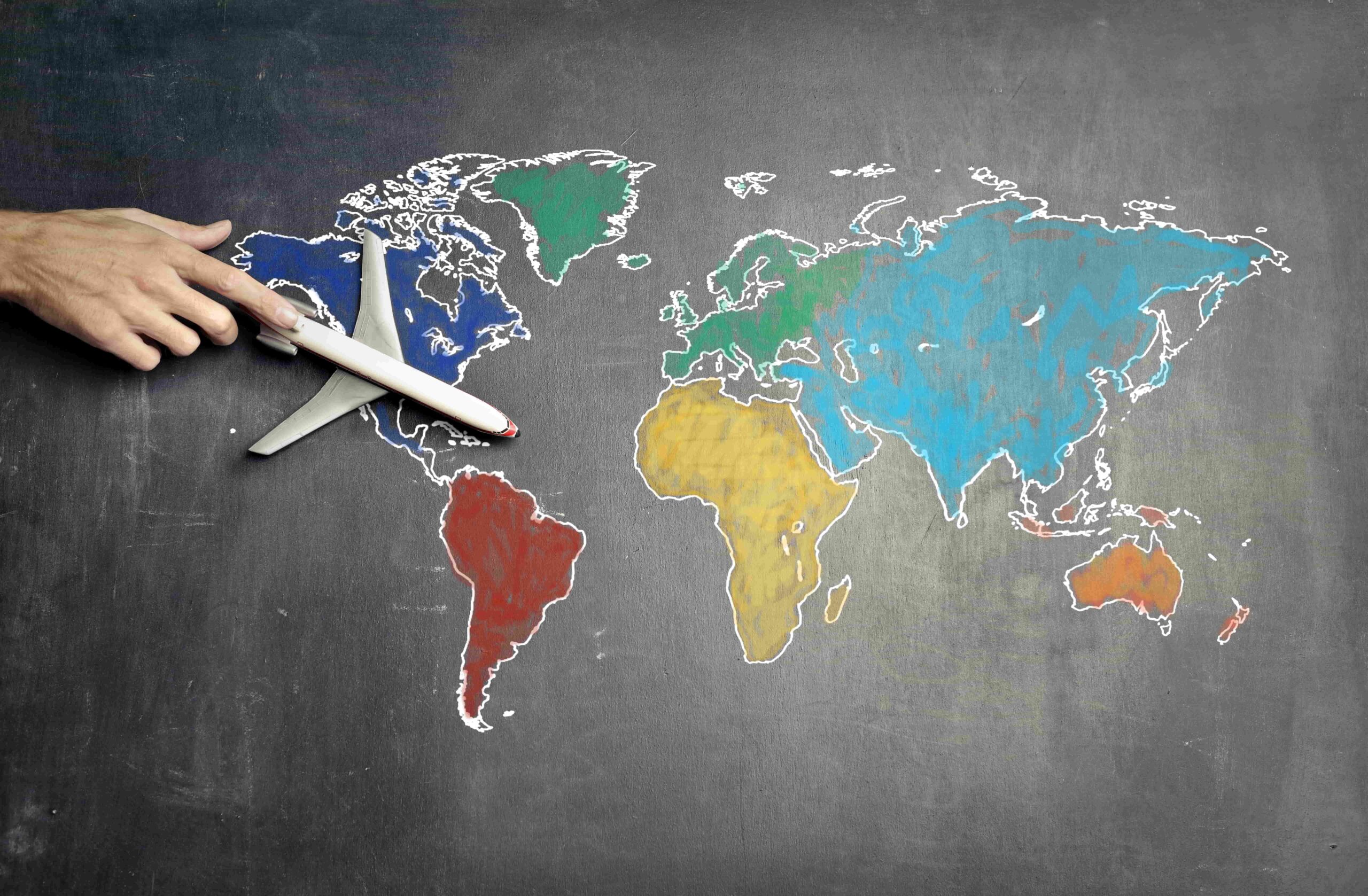In recent years, populist movements have surged on the global stage, dramatically impacting international relations. These movements, characterized by their appeal to ordinary citizens and rejection of traditional political elites, have disrupted diplomatic norms and altered the dynamics of global politics. This article explores how populist movements are destabilizing international relations and the implications of this phenomenon.
The Populist Wave: A Global Phenomenon
Populist movements have swept across countries, transcending borders and ideologies. Leaders like Donald Trump in the United States, Boris Johnson in the United Kingdom, Jair Bolsonaro in Brazil, and Viktor Orbán in Hungary have all capitalized on populist sentiment to attain power. These movements are often marked by their anti-establishment rhetoric, nativist stances, and promises to put “the people” first.
Disrupting Diplomacy
Populist leaders tend to adopt unconventional approaches to diplomacy, causing ripples in international relations:
1. Diplomatic Unpredictability: Populist leaders often employ unpredictable tactics in international negotiations, challenging the stability and predictability of diplomatic interactions. This unpredictability can strain alliances and hinder effective diplomacy.
2. Trade Wars: Populist leaders have engaged in trade wars, imposing tariffs and restrictions that disrupt global trade. Such actions can have far-reaching economic consequences and strain international relations.
3. Erosion of Multilateralism: Populist movements tend to question the value of international organizations and agreements. They may withdraw from or undermine institutions like the United Nations, NATO, or the Paris Agreement, reducing global cooperation.
4. Strained Alliances: Populist leaders may prioritize national interests over traditional alliances. This shift can strain relationships with long-standing allies and alter the geopolitical balance.
5. Polarization: Populist movements often thrive on polarization, both domestically and internationally. Polarized nations find it challenging to work together on pressing global issues.

Nationalism vs. Globalism
At the heart of many populist movements is a tension between nationalism and globalism. Populist leaders emphasize sovereignty and national identity, sometimes at the expense of international cooperation:
1. Sovereignty: Populist leaders argue that international agreements and organizations can infringe on a nation’s sovereignty. They often prioritize protecting their country’s interests above all else.
2. Immigration: Populist movements often take a hardline stance on immigration, raising concerns about the free movement of people and multiculturalism. These positions can lead to international tensions and disputes.
3. Global Challenges: Global challenges like climate change, pandemics, and terrorism require international cooperation. Populist leaders’ focus on national interests can hinder collective efforts to address these issues.
Implications for International Relations
The rise of populist movements presents significant implications for international relations:
1. Geopolitical Shifts: Populist leaders can shift the geopolitical landscape by reorienting alliances and partnerships, potentially diminishing the influence of traditional powers.
2. Weakened Global Governance: Populist skepticism of international institutions can weaken global governance mechanisms, making it more challenging to address transnational issues.
3. Uncertainty and Instability: Diplomatic unpredictability and trade disputes can create uncertainty in international relations, affecting economies and global stability.
4. Nationalism’s Limits: While nationalism can be a rallying cry, it has limits in addressing global challenges. Populist leaders may face challenges in providing effective solutions to complex, interconnected problems.
Conclusion
Populist movements have become a defining feature of contemporary politics, with profound implications for international relations. While they often emphasize national interests and sovereignty, their impact on global issues, alliances, and diplomatic norms is undeniable. As the world grapples with the consequences of populism on the international stage, it remains essential to strike a balance between national interests and global cooperation to address the complex challenges facing our interconnected world. The future of international relations will depend on how these tensions are managed and reconciled.
